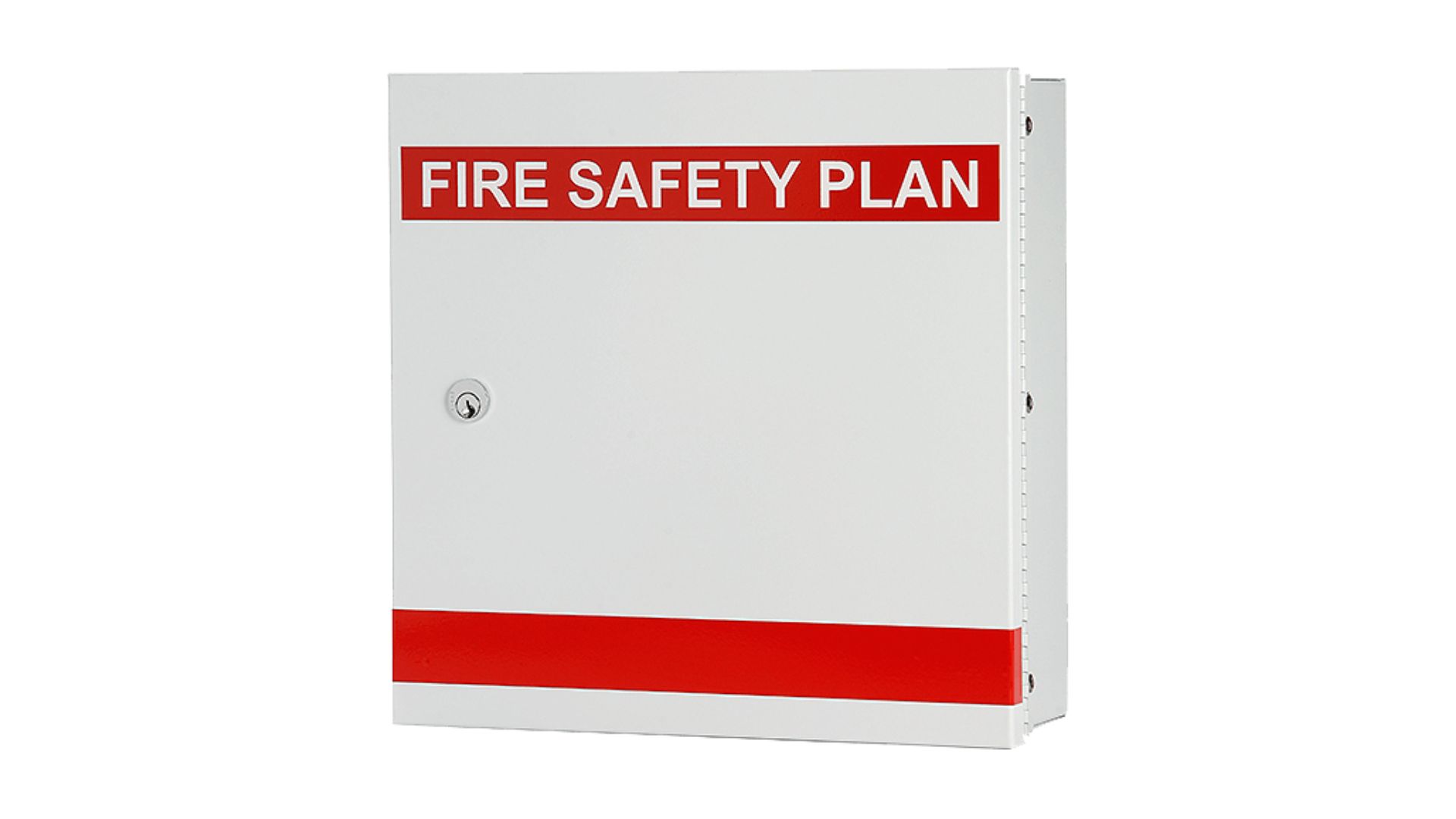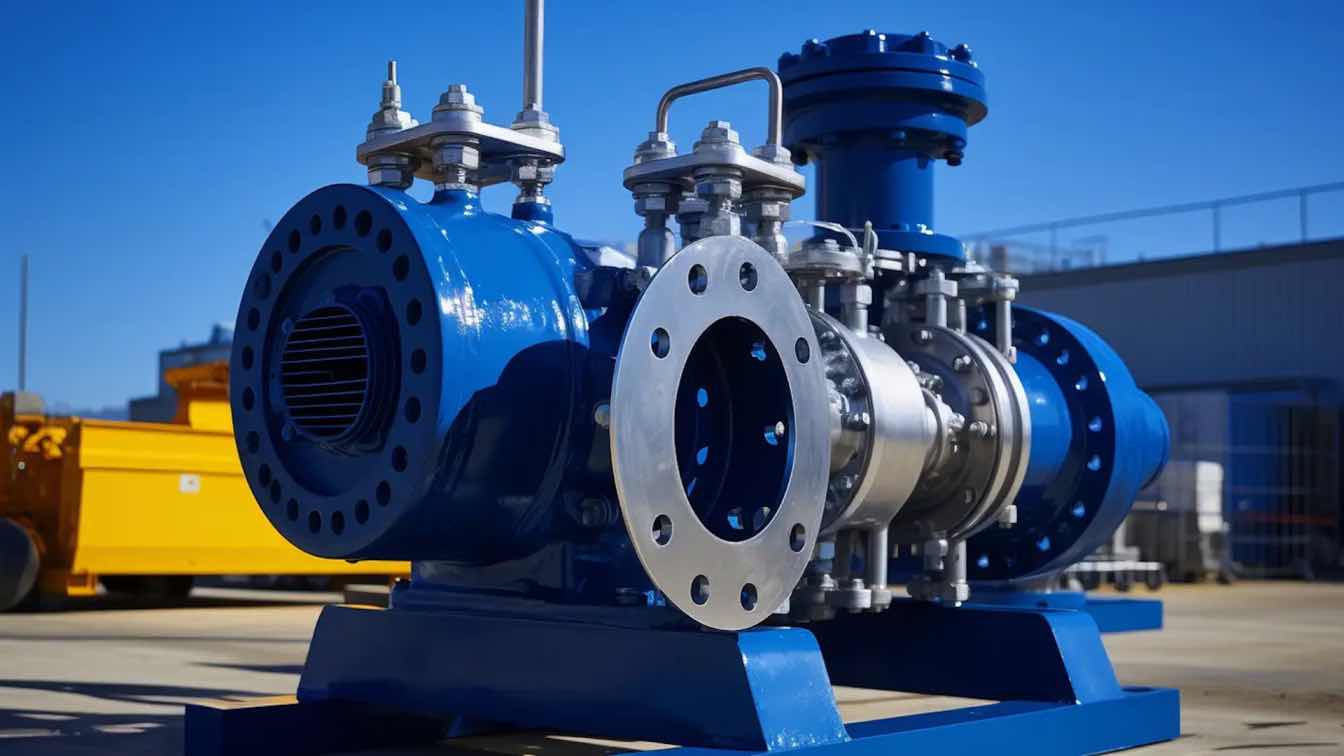Propane іs an extremely flammable gas, sо it's crucial that propane tank owners adhere tо specific safety guidelines when storing their tank(s). These regulations include maintaining appropriate distances from buildings and ignition sources; choosing an area with adequate ventilation; testing for propane leaks regularly and inspecting for potential issues; and performing regular inventory checks tо detect possible flaws.
While outdoor storage іn a well-ventilated environment іs ideal for allowing any gas leaks tо dissipate quickly, it's not always feasible. In such situations, utilizing a propane tank storage cabinet offers a secure and compliant alternative.These cabinets provide additional protection from the elements and can be strategically placed near your grill оr other propane appliances while still adhering tо safety regulations. Remember, propane tanks should always be stored upright for optimal safety, regardless оf location.
1. Safe Storage
Propane tanks should always be stored upright. This prevents accidental releases оf liquid оr vapors, eliminating unnecessary safety hazards. Additionally, keep them away from wet surfaces like grass, wood, оr concrete that can induce corrosion and rust.
For enhanced safety, consider a fire safety box specifically designed for propane tanks. These robust enclosures offer superior protection against fire and extreme temperatures, providing an extra layer оf security compared tо cages оr milk crates.
Finally, maintain a safe distance оf ten feet from buildings, property lines, ignition sources, and other propane cylinders for optimal storage.
2. Ease of Access
Propane tanks should be stored outdoors in a well-ventilated space to ensure any gas leaks are dispersed quickly and reduce the potential for tank build-up. They should be at least ten feet from anything producing heat such as other propane tanks and grilling equipment, candles or electrical tools; and should remain free from flammable materials and ignition sources such as lighter fluid and electrical tools that might ignite their contents accidentally. Aboveground propane tanks occupy space that could be better used for recreation or lawn maintenance activities while aboveground ones present trip hazards when not properly maintained; while underground propane tanks improve curb appeal while making accessing its contents easier - both essential factors to success when operating your tanks properly!
Propane cylinders are highly flammable, and improper handling could result in serious accidents that place workers or members of the public at risk. Propane storage cabinets help prevent such accidents while complying with safety regulations by holding upright the cylinders and improving workplace safety.
3. Ventilation
Propane tanks should be stored in well-ventilated areas to prevent an accumulation of gas vapors. Outdoor storage may be best, away from doors, windows and any combustible materials such as wood.
Leaks from propane tanks can quickly turn deadly indoors if left to accumulate, so if you suspect one it is important to evacuate immediately and wait until professionals declare the area as safe before returning to it.
Propane storage cages are specially designed to meet specific safety standards. They feature ventilation to keep flammable vapors at bay and materials designed to withstand harsh weather conditions like snowfall and temperature fluctuations. Furthermore, locking mechanisms protect them against tampering or unauthorised access and come in various sizes that meet both current and future needs. Furthermore, portable and stackable designs make them easy to move around your property.
4. Security
Propane tanks are generally safe to use and store if the proper precautions are taken, but accidents may still occur if proper safety guidelines aren't observed. A common incident involves leaving an open propane valve during transport or storage - this allows gas to leak out and collect near an ignition source, potentially leading to fire or explosion.
To prevent this from happening, be sure to store your tank upright when storing it - this ensures the pressure relief valve points away from any buildings or structures - as well as keeping it at a reasonable distance from other propane tanks or potentially flammable materials such as paper. Moreover, use a high-quality cage or cabinet which can protect it from impact damage.
5. Space Saving
Propane tanks should be stored outdoors in a well-ventilated space away from other propane tanks, electrical tools and flammable or combustible materials in order to avoid collisions or impacts that could cause leaks and ruptures of gas into the environment. Cages or cabinets provide extra protection from physical damage that would compromise their integrity - this helps avoid unexpected accidents that lead to gas leaks or ruptures and leaks.
Always store propane tanks 10 feet from any buildings or property lines, on a firm surface such as concrete slab or wood plank, for optimal safety in colder climates storing underground is another safe and cost-effective method of storage, while freeing up valuable space that can be used for landscaping or building extensions.





